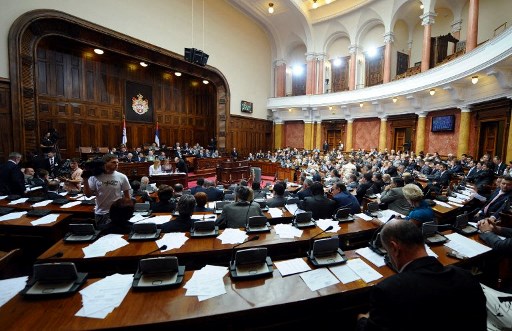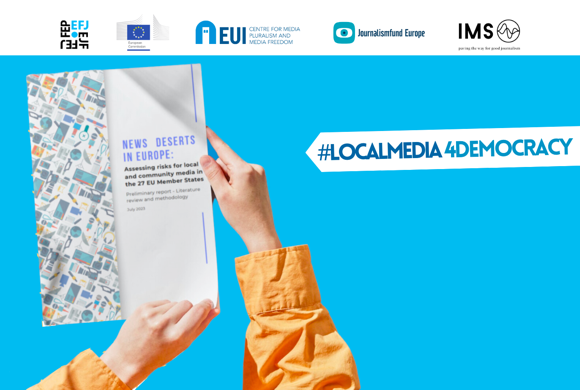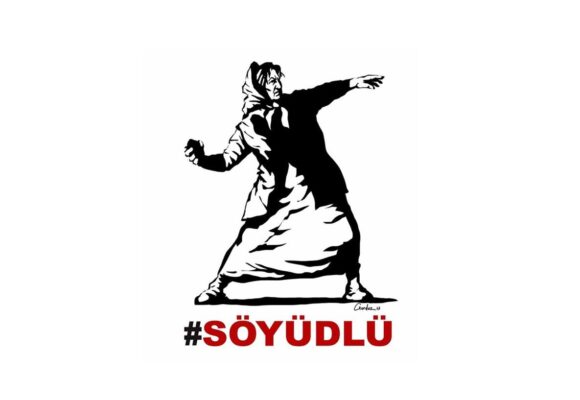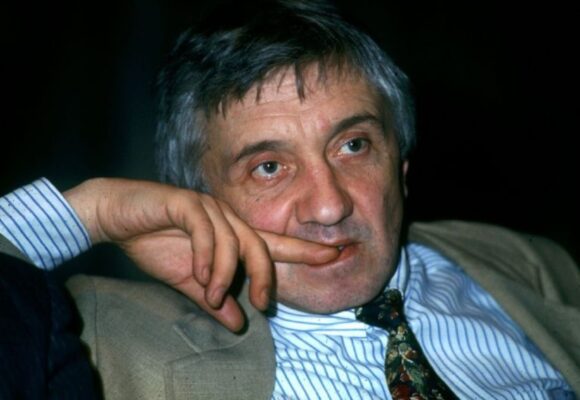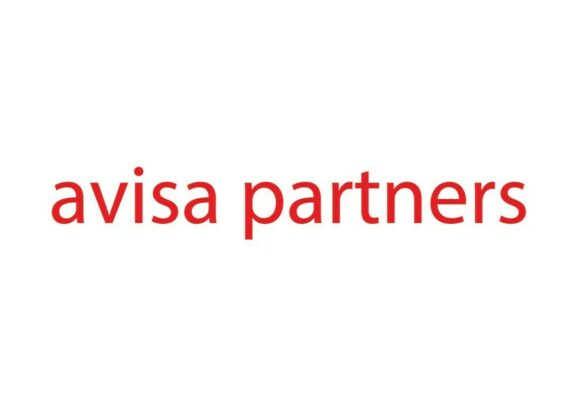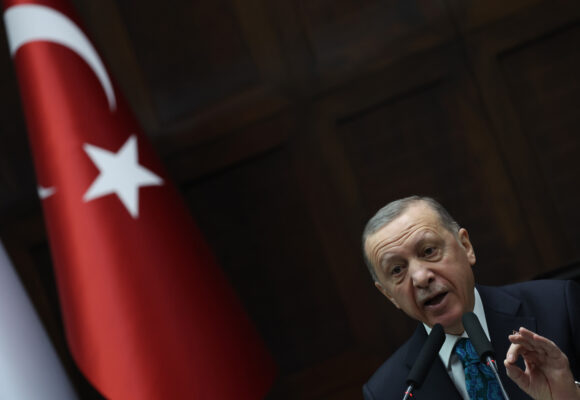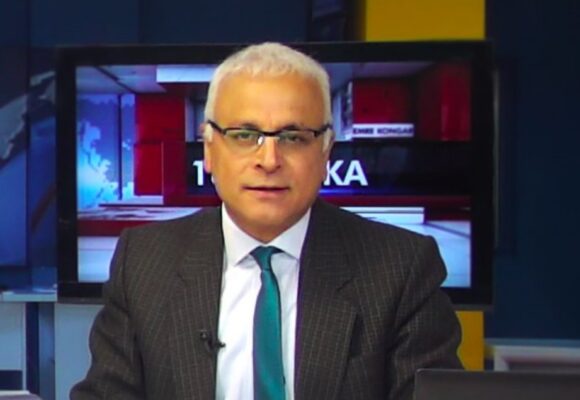Serbia: Public debate on advertising law raises major concerns
The European Federation of Journalists (EFJ) joins the Coalition for Media Freedom in condemning this legislative process for its lack of transparency and calls for an extension of the deadline and a restructuring of the law, including the creation of a regulatory framework in the areas of public information and advertising by public authorities and political advertising. A working group on amendments to the Advertising Law was set up without the participation of media associations. As the Coalition for Media Freedom pointed out, the government promised to ensure that cooperation between ministerial working groups and representatives of media associations, the…

